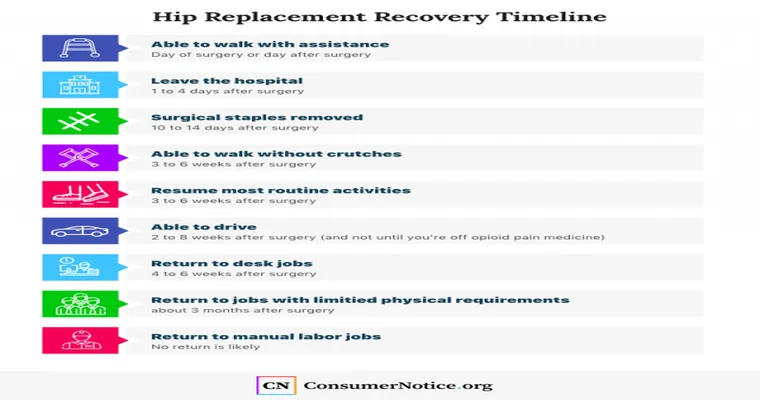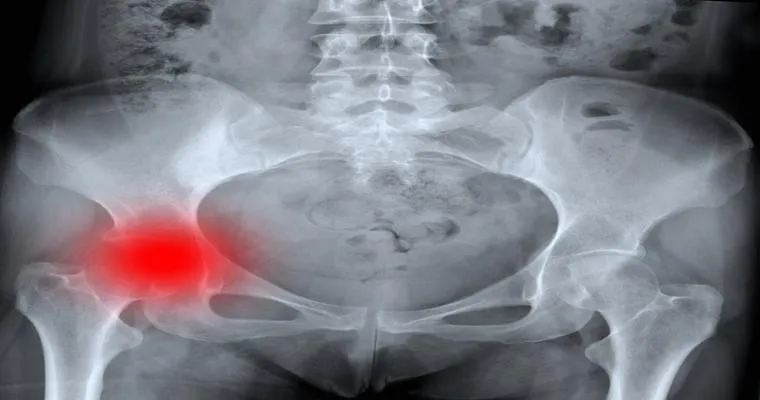Hip replacement surgery is a significant medical procedure that can greatly enhance the quality of life for individuals suffering from chronic hip pain or mobility issues. If you are considering this surgery, it is essential to understand various aspects, including the "surgery process", "recovery timeline", and "potential risks" associated with the procedure. This article aims to answer some common questions about hip replacement surgery and what to expect during recovery.
What is hip replacement surgery?
Hip replacement surgery involves removing damaged or diseased sections of the hip joint and replacing them with artificial components. This procedure is typically recommended for individuals suffering from conditions like "osteoarthritis", "rheumatoid arthritis", or severe hip fractures that cannot be managed with conservative treatments.
What are the different types of hip replacement surgeries?
There are two main types of hip replacement surgeries: "total hip replacement" and "partial hip replacement". In a total hip replacement, both the acetabulum (the socket) and the femoral head (the ball) are replaced. In a partial hip replacement, only the femoral head is replaced. Your orthopedic surgeon will determine which type is best for you based on your specific condition.
How long does the surgery take?
The duration of hip replacement surgery typically ranges from one to three hours, depending on the complexity of the procedure and the individual patient's condition. After the surgery, you will be moved to a recovery area to monitor your vital signs and ensure that you are stable.
What can I expect during recovery?
Recovery from hip replacement surgery can vary among individuals but generally includes a hospital stay of one to three days. During this time, you will begin physical therapy to help regain mobility and strength in your hip. Most patients are encouraged to start walking with assistance within a day after surgery.
How long will it take to fully recover?
The total recovery time can range from three to six months, depending on factors such as your age, overall health, and adherence to rehabilitation exercises. While many patients experience significant pain relief and improved mobility within the first few weeks, complete recovery may take longer.
What are the potential risks and complications?
As with any surgery, hip replacement carries certain risks. Potential complications include "infection", "blood clots", "dislocation" of the new joint, and "nerve damage". It is crucial to discuss these risks with your surgeon and understand the steps you can take to minimize them.
Will I need physical therapy after surgery?
Yes, physical therapy is a critical component of the recovery process after hip replacement surgery. A physical therapist will work with you to develop a personalized rehabilitation plan that includes exercises to improve strength, flexibility, and range of motion. Following your therapist's recommendations can significantly influence your recovery speed and overall success.
How can I manage pain after the surgery?
Pain management is an essential part of the recovery process. Your doctor will likely prescribe medication to help manage discomfort. Additionally, using ice packs, practicing deep breathing exercises, and following your prescribed rehabilitation plan can help alleviate pain.
When can I return to normal activities?
Most patients can resume light activities, such as walking and driving, within a few weeks after surgery, but high-impact activities and sports might require a longer recovery period. It is essential to consult your doctor before returning to any strenuous activities to ensure that your hip has healed adequately.
Conclusion
Understanding the process and recovery associated with hip replacement surgery can help alleviate anxiety and prepare you for a successful outcome. By addressing your questions and concerns, you can approach your surgery with confidence. Always consult with your healthcare provider for personalized advice and to discuss your specific situation regarding "hip replacement surgery" and "recovery". With the right preparation and support, you can look forward to a more active and pain-free life.





